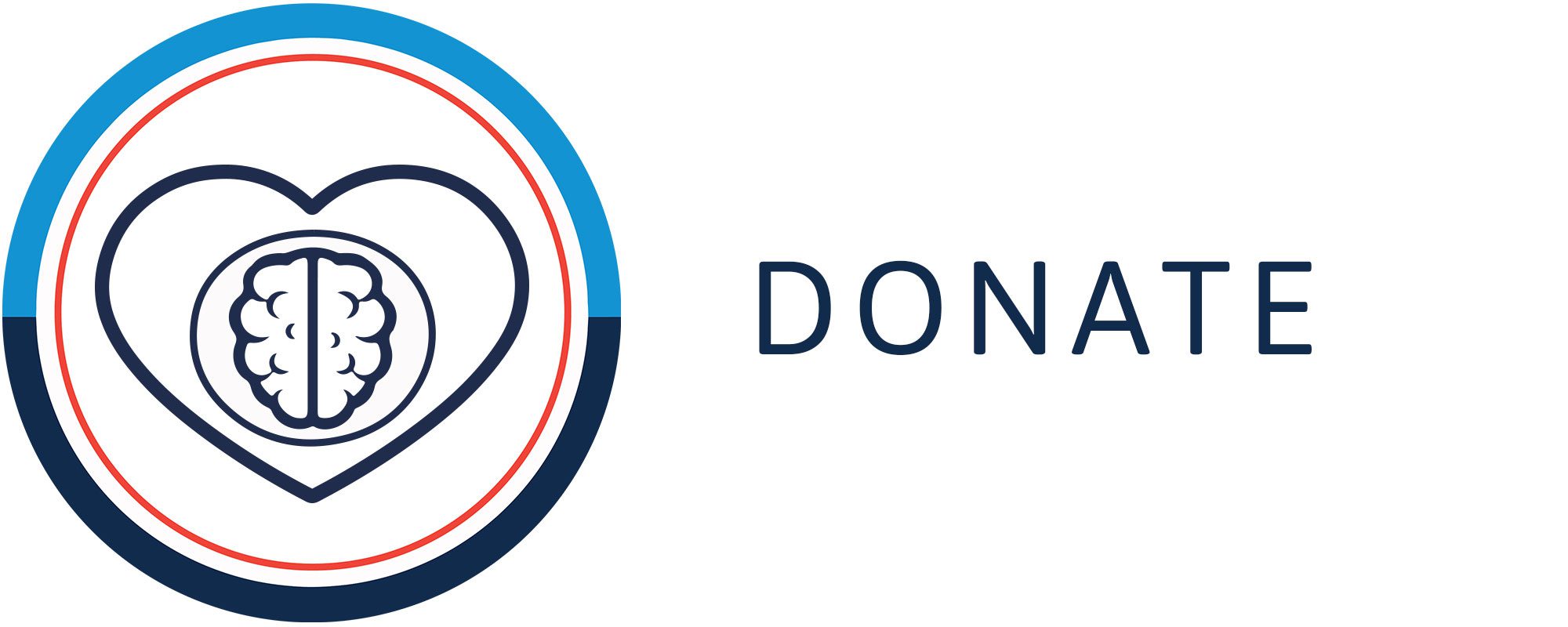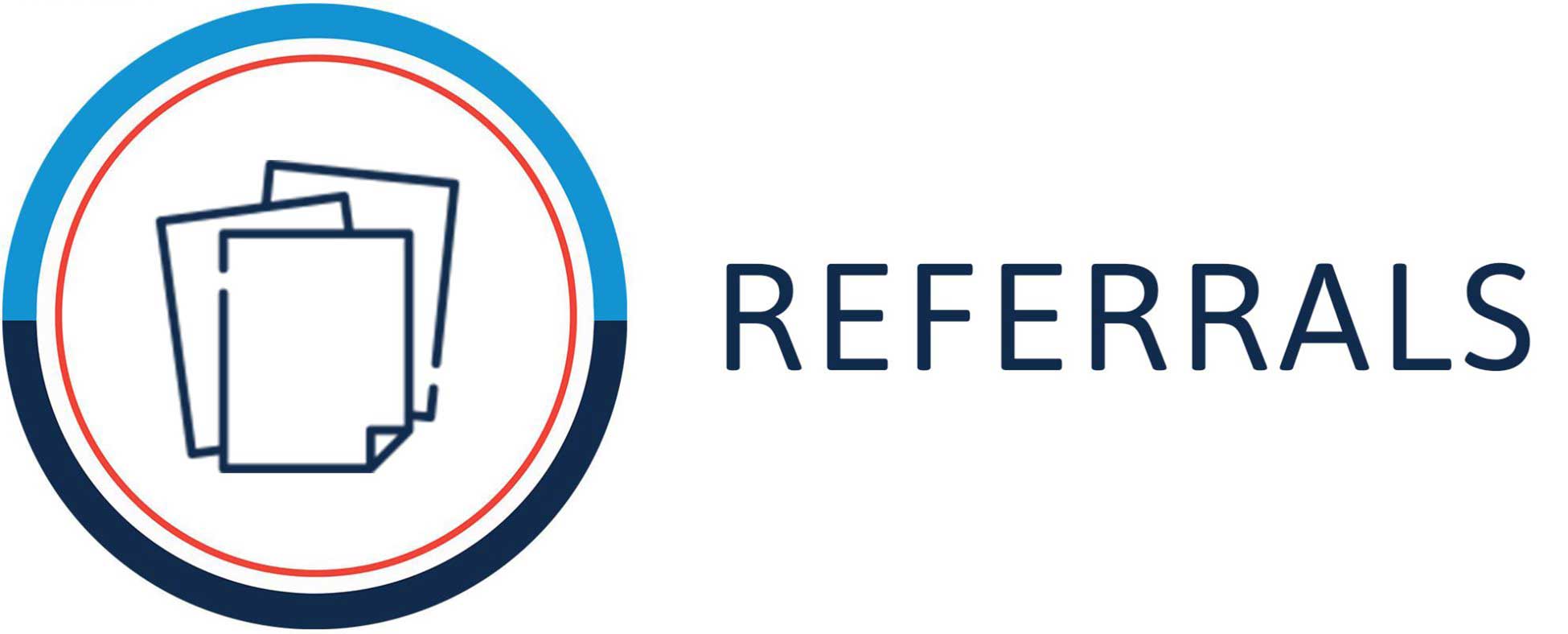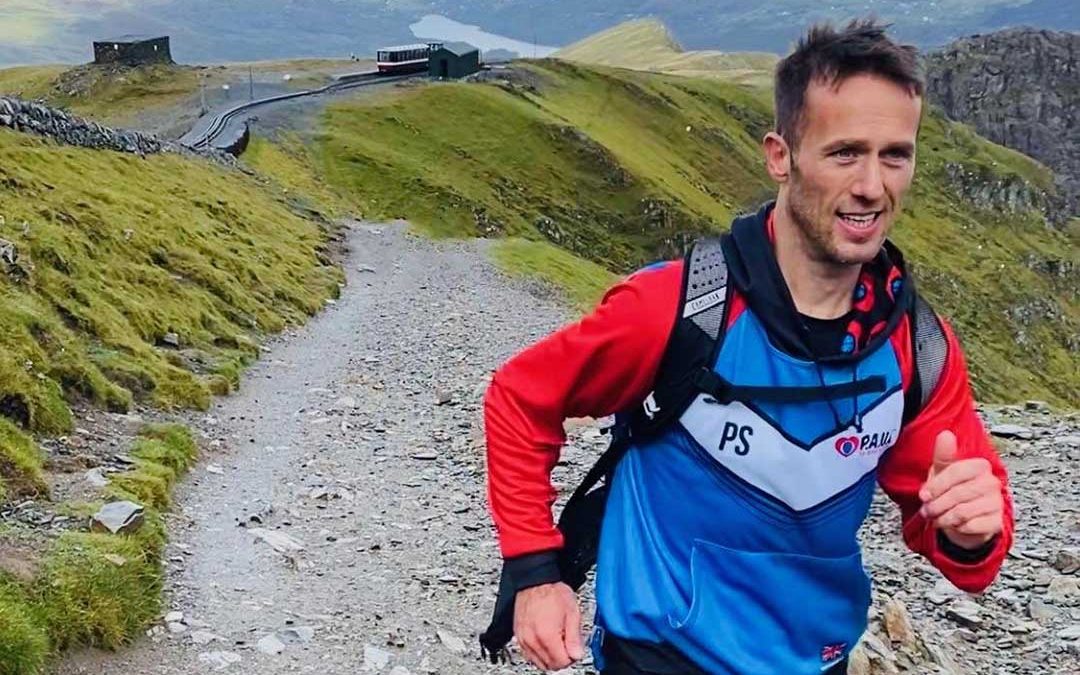In this “Mindset after brain injury blog” I will cover:
● What is mindset?
● My experiences of mindset pre/post brain injury.
● My advice to others.
Your mindset is your established set of beliefs, values and attitudes that have developed throughout your life, and are based upon your many unique experiences including your childhood, environments, education and challenges.
Your mindset is responsible for how you handle and respond to setbacks. According to research and evidence produced by Professor Carol Dweck, there are two kinds of mindset:
Fixed Mindset – People with a fixed mindset believe their basic abilities, intelligence and talents are fixed traits.
It can sound like this;
“I will never improve.”
“I stick to what I know.”
“Feedback and criticism are personal.”
Growth Mindset – People with a growth mindset believe their abilities, intelligence and talents can be developed through effort and persistence. This view creates a love of learning and a resilience that is essential for great accomplishment.
It can sound like this;
“My mistakes help me grow.”
“I can learn to do what I want.”
“I keep trying and never give up.”
I was 32 when I sustained a traumatic brain injury. My life before then had been mostly good but had obviously brought its challenges. I was a deep thinker who experienced lots of thoughts (mental chatter) about the past, present and future. This could be a blessing and a curse.
Looking back, I didn’t manage my mental chatter well at times. Overall, I had great thinking and memory (cognitive) skills. My ability to mentally visualise images was essential for my job as a foreman electrical engineer. I was generally positive, motivated and pro-active but I would say that my mindset was mostly fixed. I had beliefs which limited me and a critical inner voice which was self-sabotaging at times.
After brain injury my mindset changed. During the early days of recovery, I had little activity going on within my brain and lacked insight into my injury and situation. I later realised that my self-talk was minimal. No longer did I have a constant stream of conscious thoughts which I had relied on for everyday tasks. My mind felt empty, and I could no longer mentally visualise anything. This led to me losing my job. I was lost, confused and vulnerable.
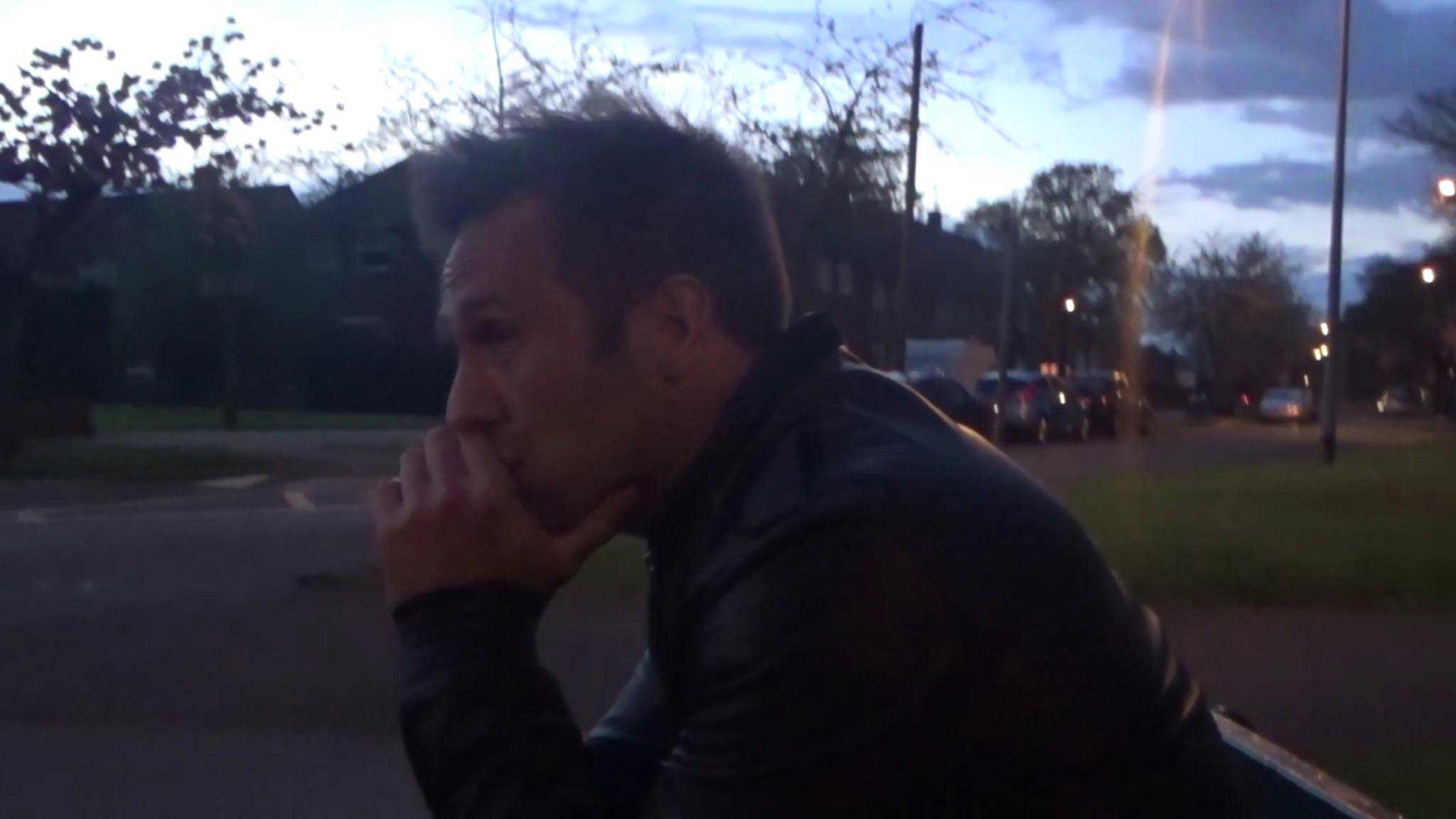
The long recovery journey brought challenge after challenge on a daily, weekly and monthly basis. It would have been easy to give up, but intuitively I knew that as much as my loved ones provided amazing support, it was down to me to put my life back together. As the months and years passed, I adapted slowly and grew determined not to let the brain injury stop me from achieving. To do this I had to be accountable, take healing into my own hands and adopt a growth mindset.
I learnt to drop my ego and feel comfortable living vulnerably. I stopped giving myself a hard time and putting unnecessary pressure on myself when I was trying to learn new skills and adapt. I made mistakes, looked silly and faced awkward situations along the journey BUT I never let these experiences stop me. I was persistent. I started to see failure as an opportunity to grow.
To perform at my best, I focused on healthy lifestyle choices, self-care (read more about self-care) and used coping strategies (read more about coping strategies). I ensured that my self-talk was positive and productive. These small actionable changes aided my recovery and enriched my life; it helped me achieve more than anyone thought possible.
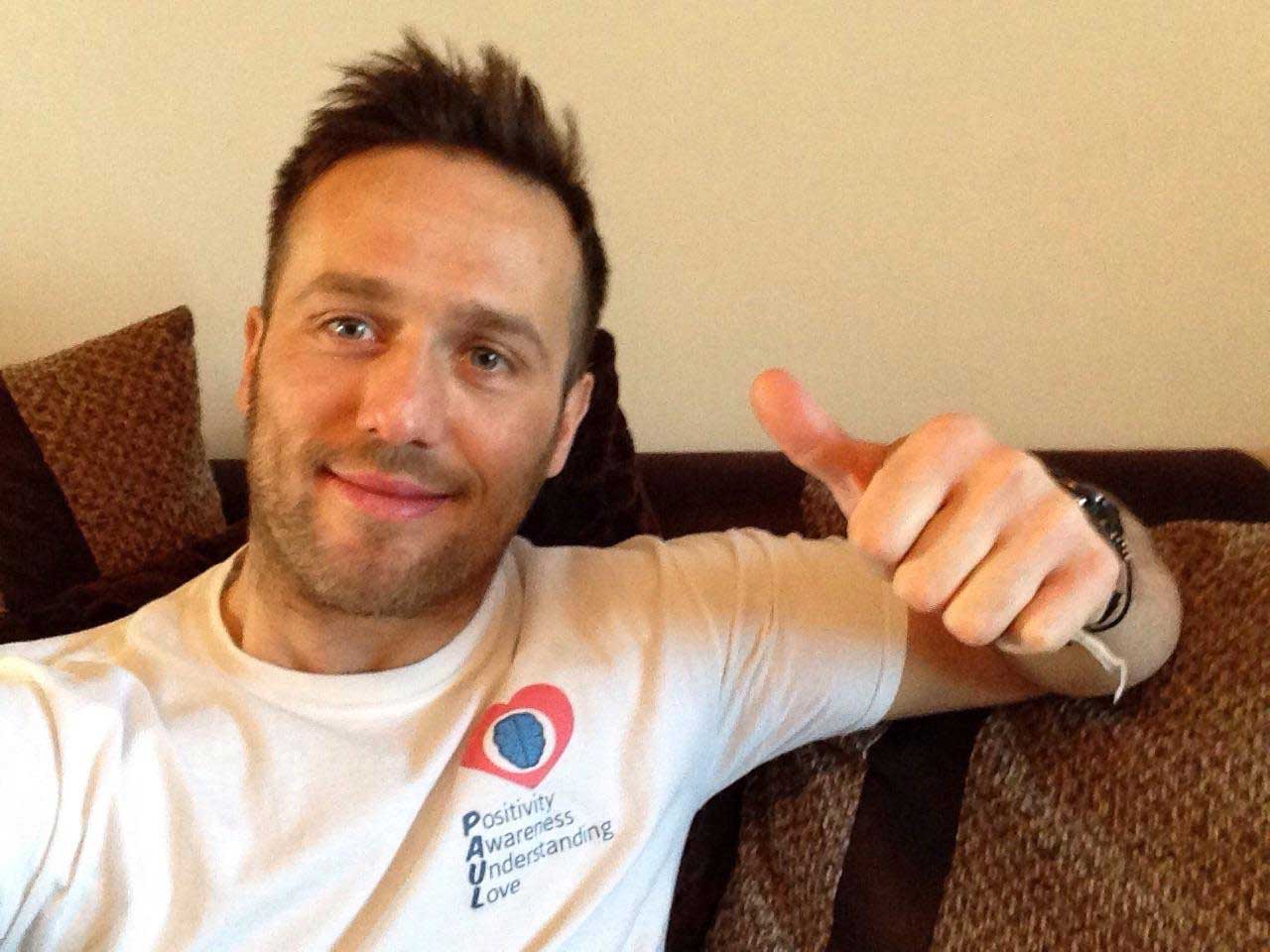
My growth mindset is now infinite. I see no boundaries as to what is possible and will keep pushing myself towards a new and improved potential.
I would encourage anyone affected by brain injury to adopt a growth mindset when the time is right during recovery. (I understand this can be difficult due to a lack of insight, and fluctuating motivation and energy levels. Not to mention the disruption to life). But it can be done.
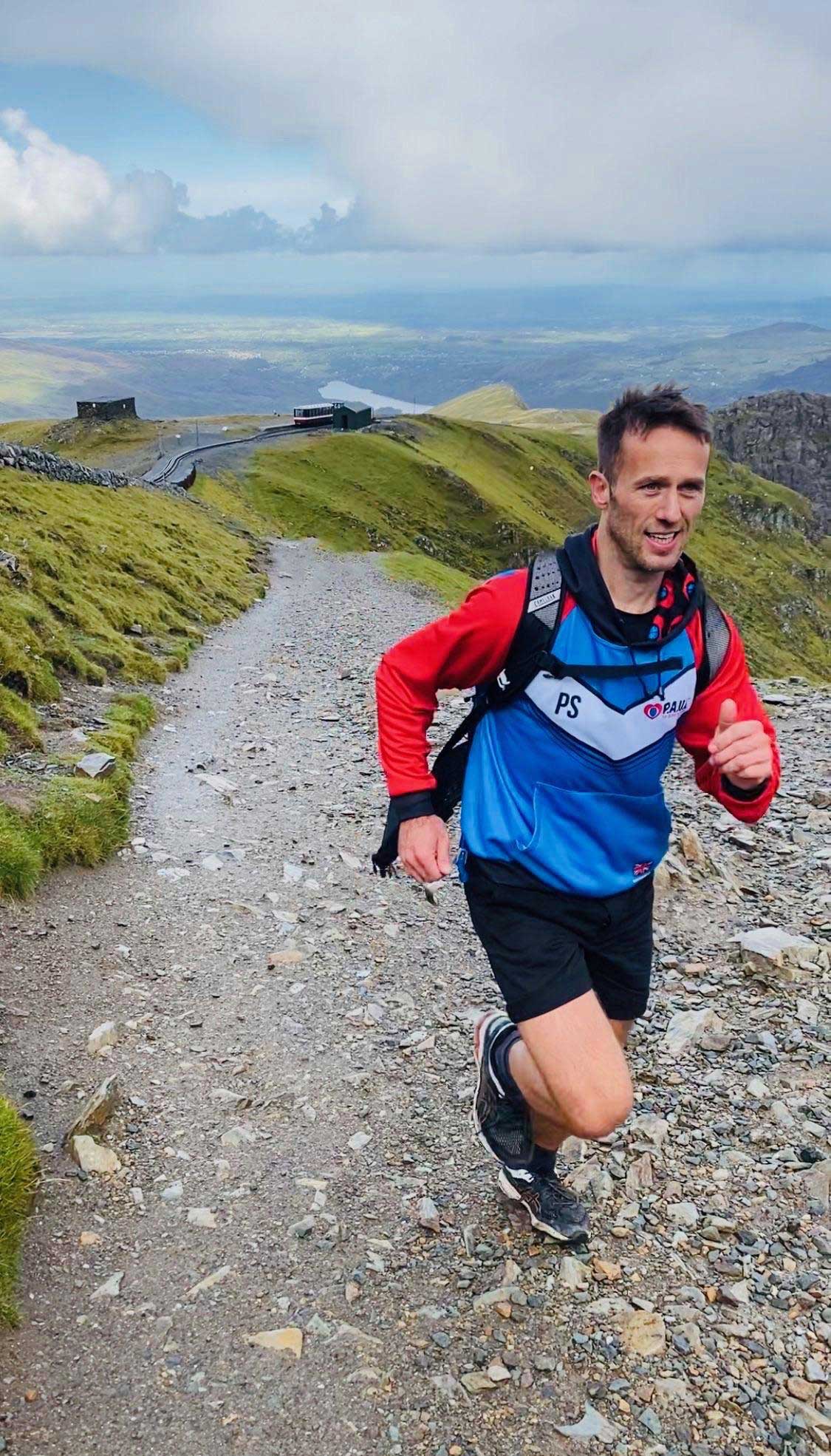
A growth mindset can build resilience and confidence, develop positive attitudes, and help to overcome challenges. It creates a new identity!
Best wishes,
Paul

